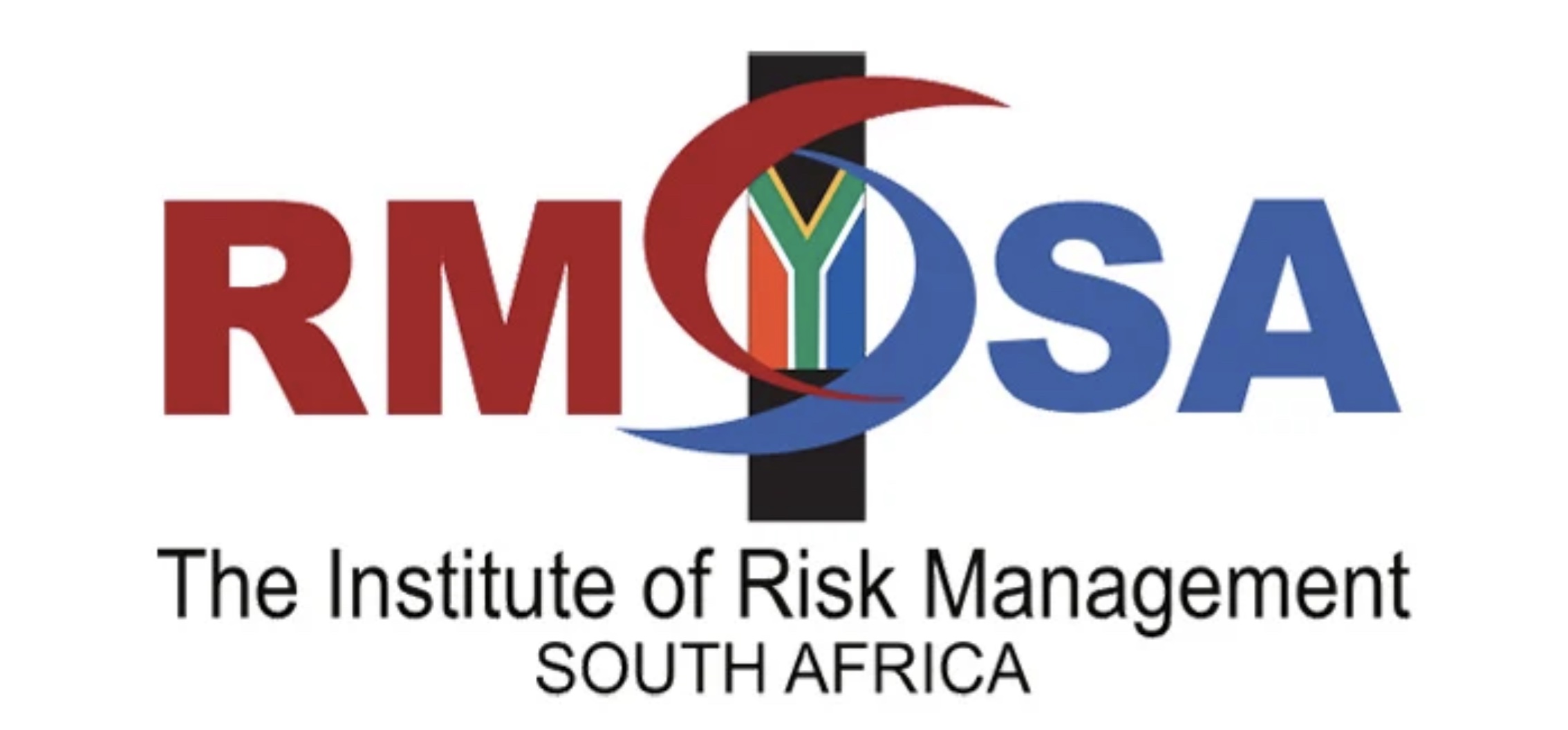We simply aren’t keeping up
A recent radio interview with Julian Hewitt, chief executive officer of the educator bursary programme, the Jake Gerwell Fellowship, revealed a troubling statistic. At least half of South Africa’s teachers are in their fifties. This is not about questioning one’s teaching ability as one ages – it comes down to retirement.
Because in ten or so years, South Africa will lose at least half of its teachers. And when this occurs, South Africa’s already dire skills shortage will become an even more significant hurdle to our overall economic growth and recovery.
While the skills shortage is being felt globally – the United States alone is expected to incur a loss of $8.5 trillion by 2030 due to the gap – addressing South Africa’s skills shortage is even more pressing due to our precarious economic situation.
Section 3.5 of IRMSA’s 2022 Risk Report paints a picture of the dire situation. According to the report “due to national policy and curriculum misalignments, limited focus on skills that are and will be in demand and poor adoption of digitalisation, SA does not have the skills it needs at the time that it needs them.” The report explains how there is not enough focus on these deeply ingrained structural issues in the skills economy, and the failure to address these issues will result in further economic decline and complete economic collapse.
Even without the looming teacher shortage, our skills deficit is already significant. But it is not only about losing educators. It is also about the rapid expansion of digitisation globally.
As one of the most unequal societies in the world, the majority of South Africans do not have access to the education and tools required to contribute to building a knowledge-based and innovative economy – poverty
and inequality continue to be transferrable thus perpetuating an inability to foster a culture of human rights
and equality. It is about a misaligned curriculum – from a class of one hundred matriculants in 2022, only
six will graduate from university in six years. It is about an inability to align policy with key economic growth requirements. We simply are not keeping up.
So, what can be done? Structural issues cannot be dealt with by thinking in the short term. The key to tackling the skills shortage lies in sustainable solutions. While the 2022 Risk Report provides a more detailed approach, the most sustainable solutions lie in policy development, incentivising future educators, and eradicating the digital divide.
As we are about to lose a large chunk of skilled, qualified educators, government and private institutions should be investing in scholarships and programmes to produce enthusiastic young educators to develop improved educational policy and fill the gap. Educational policy development should also be better informed by skills shortages and tailored to produce employable learners ready to enter the working environment where they are most needed. It is also essential that learners have access to the internet and facilities that provide tools for digital literacy. During the pandemic, where the most privileged learners could continue their studies online, the need to bridge the digital divide became clearer than ever. Free internet access and investment in digital infrastructure is a good place to start. The list of intersecting contributions to South Africa’s economic collapse is too extensive. Let us ensure that the worsening skills shortage is not one of them.
